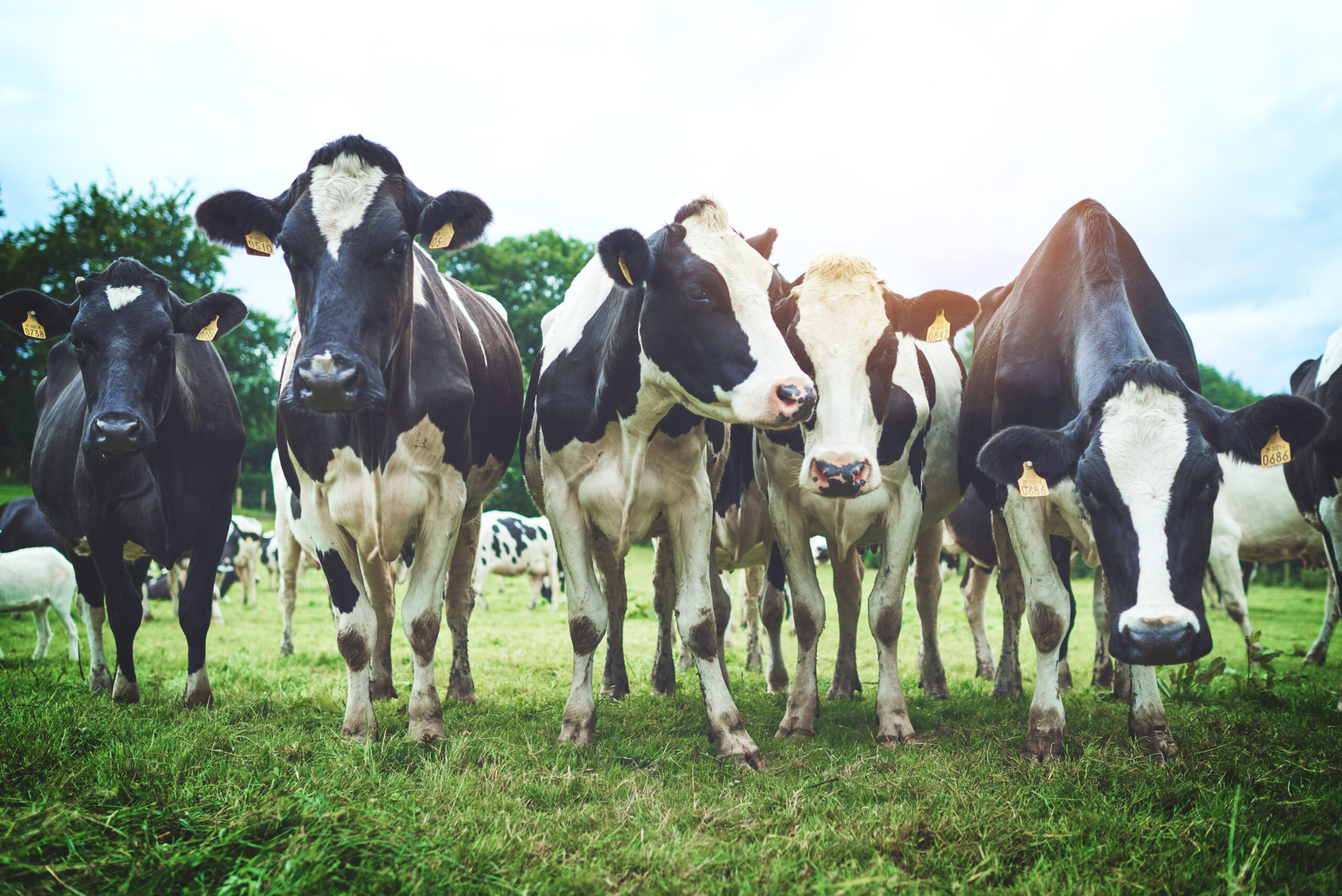Update (December 18, 2018):
A farm in California linked to the massive E. coli outbreak involving romaine lettuce has announced a recall of cauliflower and other types of lettuce as a precaution.
Adam Bros. Farming of Santa Maria said in a news release it is recalling red leaf lettuce, green leaf lettuce and cauliflower harvested at its farm in late November “out of an abundance of caution.”
The farm said none of these products have tested positive for E. coli so far, and no illnesses have been reported. A full list of the affected areas and recalled lot numbers can be found here.
Last week, the Food & Drug Administration (FDA) reported that E. coli associated with the romaine lettuce outbreak had been detected in the sediment of a reservoir used to irrigate the farm. The report said the farm has not shipped any romaine lettuce since Nov. 20, when the outbreak was first identified.
Originally published on November 23, 2018:
Food regulators are advising people not to eat romaine lettuce due to an E. coli outbreak. The US Food and Drug Administration (FDA) and the Canadian Food and Inspection Agency (CFIA) are investigating the spread of E. coli O157:H7, a strain of E. coli that has been found on lettuce in both Canada and the US.
Food service outlets and food retailers are being advised not to distribute or sell romaine lettuce to consumers, along with any food product that contains the leafy greens because the source of the outbreak has not yet been identified.
The Centers for Disease Control and Prevention (CDC) has issued a statement on their website indicating that E. coli O157:H7 has sickened Americans in 11 different states and has affected a total of 32 people, leading 13 to be hospitalized with zero deaths reported so far. FDA commissioner Scott Gottlieb states it is important to take extra precautions when spreading awareness of the outbreak because of the timing coinciding with the Thanksgiving holiday.
“The quick and aggressive steps we’re taking today are aimed at making sure we get ahead of this emerging outbreak, to reduce risk to consumers, and to help people protect themselves and their families from this foodborne illness outbreak,” said Gottlieb. “This is especially important ahead of the Thanksgiving holiday, when people will be sitting down for family meals. We want to get this information out to consumers early.”
In Canada, Ontario and Quebec are the main provinces known to be affected by the E. coli outbreak, with the exception of one person suffering similar symptoms in New Brunswick.
So far 15 people in Quebec have been sickened by E. coli, as well as three people in Ontario. They all share similar stories of eating romaine lettuce or food that contains romaine lettuce from a grocer or restaurant prior to experiencing their symptoms. These symptoms include vomiting, stomach pain, bloody diarrhea and running a fever.
This is not the first time an E. coli outbreak from romaine lettuce has occurred; last year, a similar outbreak took place in December which also affected consumers in both Canada and the US. Food experts are comparing data from last year’s illnesses to help resolve this year’s problem.
The contamination of produce with E. coli can happen when crops and vegetables come in contact with animal feces, and it can also take place when contaminated soil and water spread to crops.
The CFIA, CDC and FDA are continuing to work together to resolve this issue and provide alternative solutions and safety practices to prevent further outbreaks.
Currently, there are no recalls for any specific lettuce products because the agencies are still investigating which lettuce supplier the E. coli has originated from.












Join or login to leave a comment
JOIN LOGIN